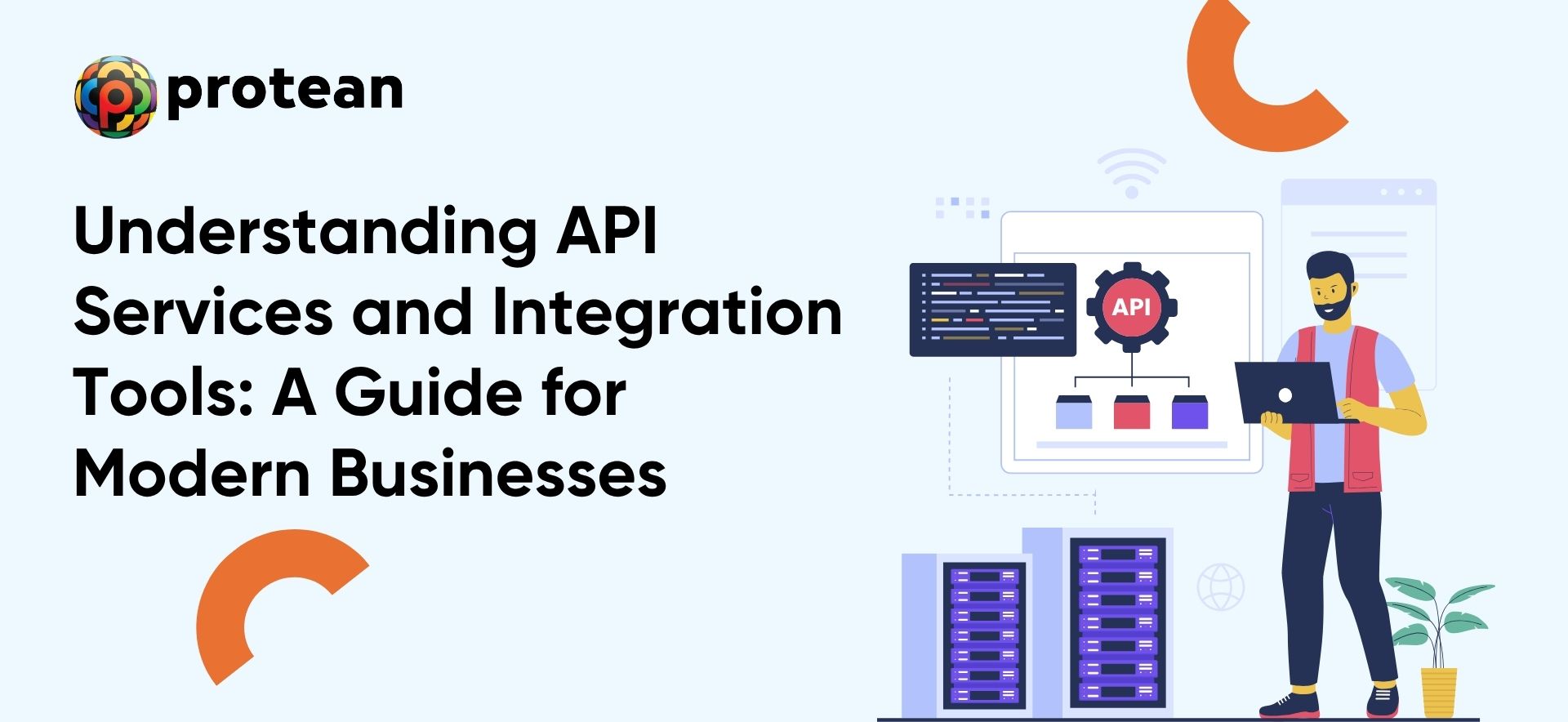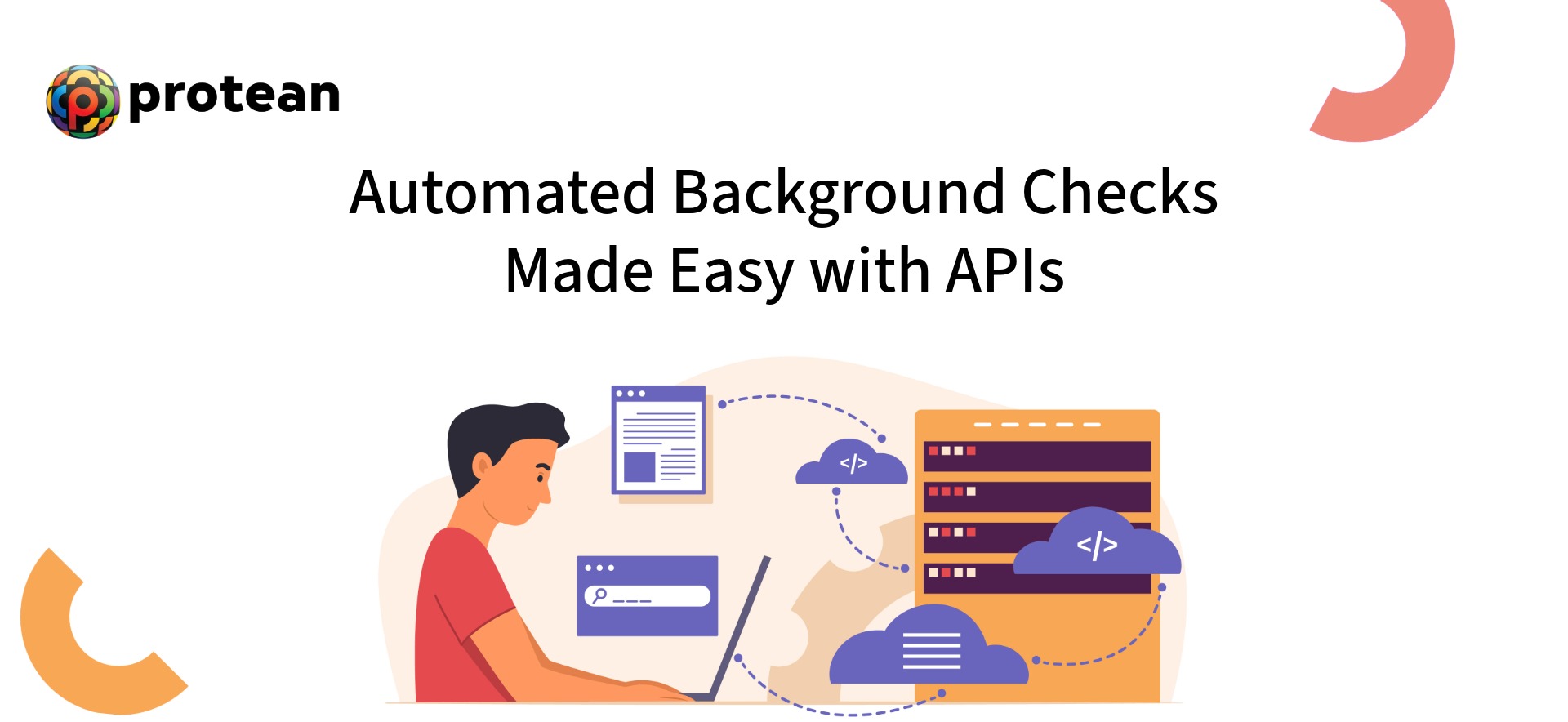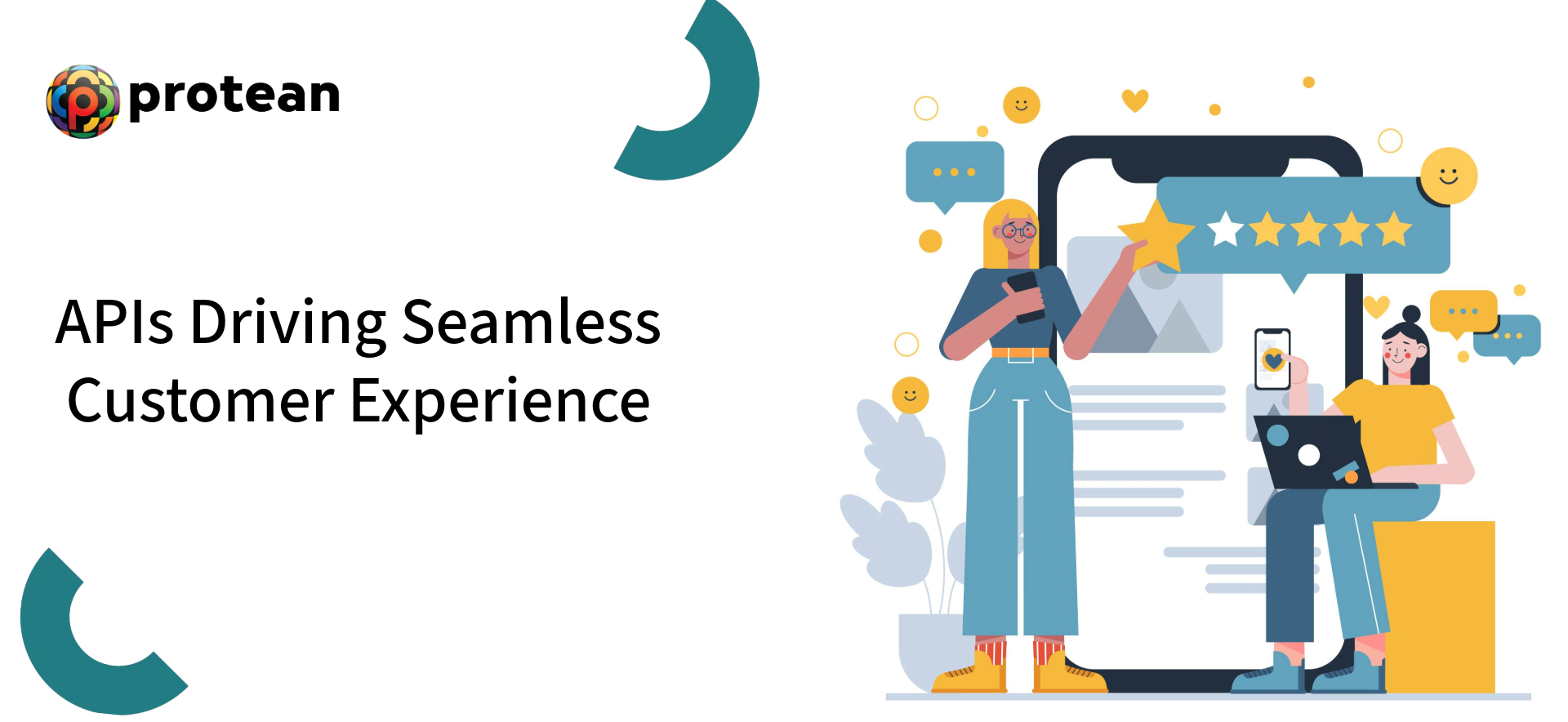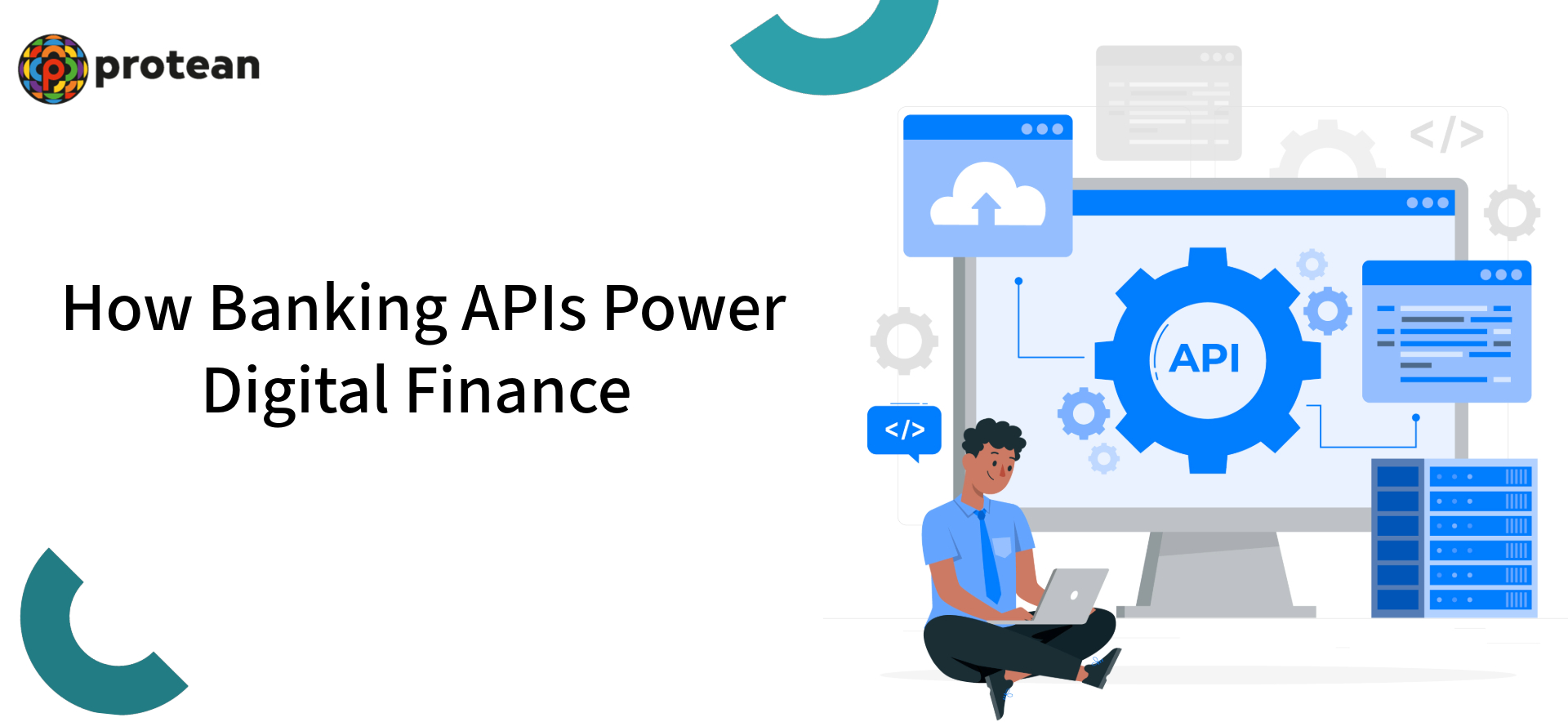Blog
Understanding API Services and Integration Tools: A Guide for Modern Businesses
In today’s digital-first world, businesses of all sizes are expected to operate faster, smarter, and more efficiently. One of the lesser-known drivers of this transformation is the API. An API, or Application Programming Interface, is a way for different software applications to communicate with each other. It acts like a digital bridge, allowing systems to share information securely and in real time.
Modern businesses now use a variety of API services, from basic data transfers to advanced biometric verifications. Whether it’s API registration processes, authentication using face API, or secure financial transactions through banking API, these tools make digital operations smoother and more responsive.
Types of API Services Businesses Use Today
Depending on the nature of a business, different types of APIs are integrated into systems to handle specific functions. Here are a few common ones that are gaining traction in the Indian market:
1. Voter ID Verification API
This API helps businesses verify customer identity by validating their Voter ID details with official records. It is commonly used in sectors that require identity checks, such as finance, e-commerce, and telecom. The API cross-checks key data like name, age, and address from the Election Commission database, enabling accurate and quick verification.
2. Bank Account Verification (Penny Drop) API
Often used in fintech and payroll systems, this API confirms the validity of a bank account by depositing a small amount (penny drop) and verifying the account holder’s name. It is widely adopted to reduce payment errors, prevent fraud, and simplify vendor onboarding.
3. Mobile Verification with OTP and Customer History Fetch API
This dual-purpose API ensures a mobile number is active and in use by sending a one-time password (OTP). Once verified, the system can also fetch the customer’s basic usage history, subject to permissions. It is beneficial for telecom, digital lending, and customer onboarding journeys.
4. Driving Licence (DL) Verification API
Used by vehicle dealerships, insurance firms, and mobility services, this API validates details of a driver’s licence against government records. It helps confirm identity and licence authenticity, especially during KYC or vehicle purchase processes.
5. Email Verification API
This API checks whether an email address is active, valid, and capable of receiving messages. It is used in digital marketing, user registration, and fraud prevention to maintain clean databases and reduce bounce rates.
| Also Read: API Security for Corporates |
6. Udyam Certificate Number Verification API
Designed explicitly for MSMEs, this API validates a business’s Udyam registration number. It fetches official records from the Udyam portal, including company name, industry type, and registration status. Financial institutions use this API during loan eligibility checks or subsidy processing.
7. Passport Verification API
Ideal for travel agencies, NBFCs, and government service providers, this API checks the authenticity of an Indian passport. It compares the details against official data points like name, date of birth, and passport number to ensure quick validation.
8. MCA Company and LLP Master Data Fetch API
This API retrieves real-time company data from the Ministry of Corporate Affairs (MCA) database. It includes key information such as company status, director details, incorporation date, and registered address. It is essential for vendor onboarding, compliance checks, and B2B risk assessments.
9. EPF UAN Lookup and Validation API
Businesses use this API to verify the Universal Account Number (UAN) of employees under the Employees' Provident Fund scheme. It helps HR teams and payroll platforms validate employment history, ensuring that the employee is correctly enrolled in the PF system.
10. Vehicle RC Verification API
This API checks vehicle registration details from the VAHAN database. It provides information such as the owner’s name, chassis number, engine details, and insurance validity. Logistics, insurance, and second-hand vehicle platforms commonly use this to verify authenticity during transactions.
The Role of API Integration Tools
While APIs are powerful, managing them across multiple platforms can be complex. This is where API integration tools come into play. These tools simplify the process of linking different APIs to your existing systems without needing to build custom code from scratch.
They offer features like:
- Drag-and-drop interface for connecting apps
- Pre-built connectors for popular services
- Real-time monitoring to track API usage and performance
- Custom workflows for automating tasks across systems
For instance, when an OTP is sent through a one time password API, the response can automatically update a user’s verification status in your CRM using an integration tool.
Why Businesses are Shifting to API-Driven Models?
The push towards automation and digitisation has made APIs a crucial part of any digital strategy. Here’s why many companies, including non-tech businesses, are adopting API services:
- Faster Operations: Reduces the time taken for internal processes by allowing systems to talk to each other directly.
- Better Customer Experience: APIs ensure quick responses, accurate information, and smooth journeys for users.
- Cost Efficiency: Reduces the need for manual input, lowers staffing requirements, and cuts down operational costs.
- Data Accuracy: When systems are connected, the chance of data mismatch drops drastically.
- Scalability: API-based systems are easier to upgrade and expand as your business grows.
| Also Read: API Integration for Verification |
Best Practices When Using APIs in Business
While APIs offer immense benefits, proper planning and usage are key. Here are some pointers to keep in mind:
- Ensure Secure Implementation: Use encryption, token-based access, and regular audits.
- Stay Updated: APIs get updated over time. Make sure your systems are compatible with the latest versions.
- Test Before Deployment: Always test APIs in a staging environment to prevent errors in the live system.
- Document Everything: Maintain internal documentation to help your team understand how different APIs are connected.
- Choose Reliable Partners: Whether it’s aadhaar API access or banking API solutions, pick service providers with a reputation for reliability and support.
Challenges to Consider
Despite their usefulness, API services can come with a few hurdles:
- Compatibility issues between legacy systems and modern APIs.
- Complex setup if internal tech knowledge is limited.
- Overuse of APIs may slow down the system if not optimised properly.
- Security risks if access isn’t controlled or monitored.
Working with experienced vendors or integration specialists can help businesses overcome these challenges effectively.
| Also Read: API Types & Impact |
Conclusion
APIs are no longer just the concern of IT departments. They are becoming foundational tools that allow businesses to stay agile, secure, and competitive. From onboarding customers using face API to streamlining banking tasks through banking API, the applications are broad and valuable. The right approach to api registration and integration ensures your business keeps pace with digital expectations, without getting lost in complexity.
Frequently Asked Questions
1. What is an Aadhaar API, and how is it used in businesses?
Aadhaar API allows businesses to verify identity by linking with government-backed Aadhaar data. It’s commonly used in KYC and onboarding processes.
2. Are face APIs secure for user authentication?
When implemented with proper safeguards, face APIs offer an extra layer of security by verifying users biometrically.
3. What is the role of a one-time password API?
A one-time password API generates and verifies OTPs used during logins, transactions, or registrations to ensure secure access.






